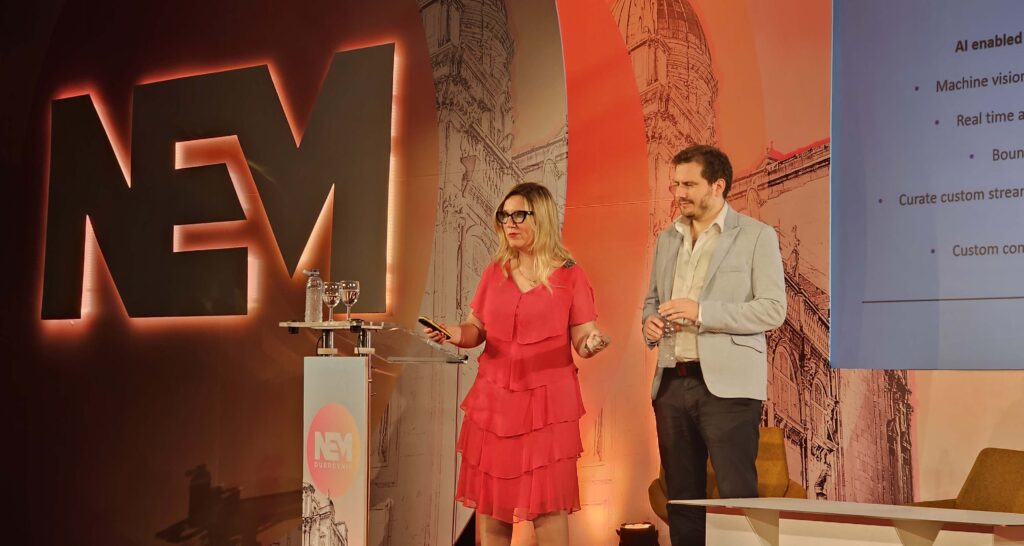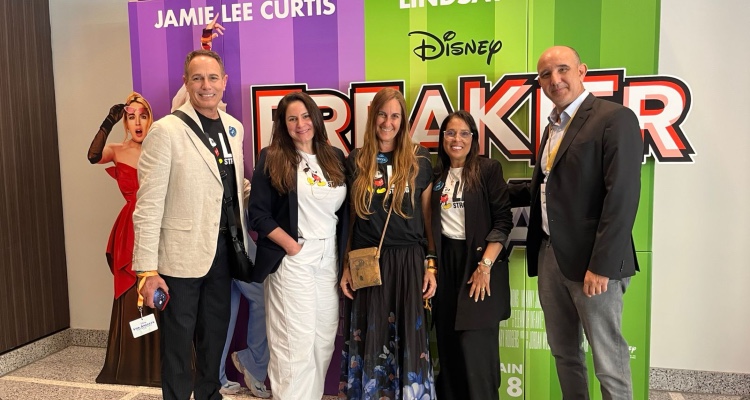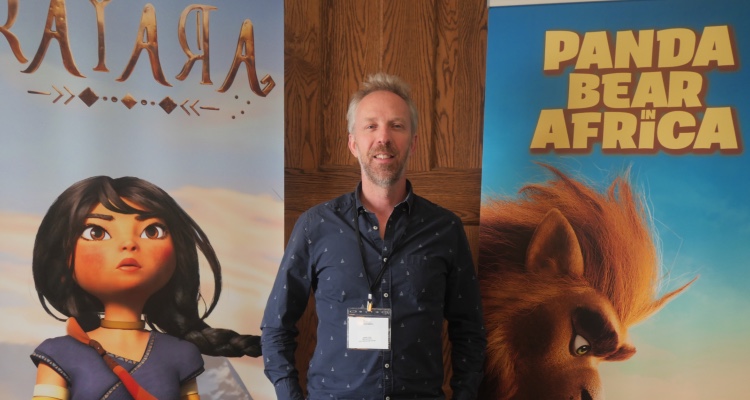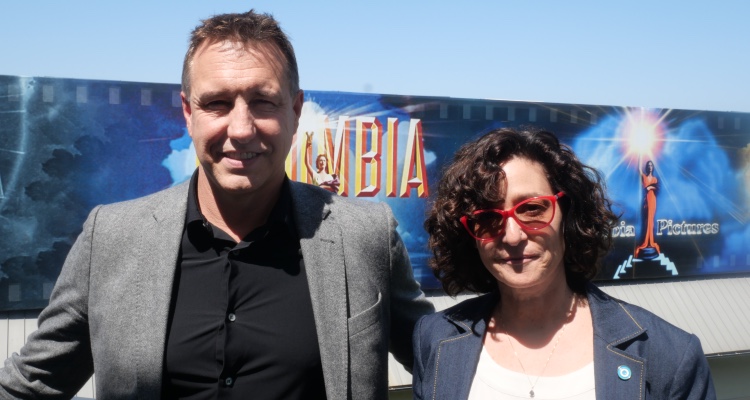The first conference on the first day of NEM Dubrovnik 2024 focused on the impact of Artificial Intelligence on the TV industry and its content. The session had important contributions from Omdia, by Maria Rua Aguete, Senior Research Director and Technology Fellow, and Jonathan Broughton, the new Research Director at PlumResearch, who gave examples of how companies in the segment are using efficiently technologies based on artificial AI, without replacing professionals.

Aguete started by acknowledging the prevalent concerns, such as AI potentially replacing human jobs and the ethical issues surrounding voice theft and data privacy. However, she emphasized that while the technology might displace some roles, it is also poised to create numerous new opportunities. ‘The transformative power of AI could even extend to enhancing human longevity,’ she expressed.
Reflecting on a recent experience at the Cannes Film Festival, Aguete shared that 80% of the directors and producers she spoke with were open to films created entirely by AI. ‘This acceptance indicates a significant shift in the creative industry’s attitude towards AI, provided there is transparency and acknowledgment of AI’s role in these creations’.
One important point touched by the Omdia exec is the AI’s status as the most transformative technology today, surpassing other innovations like 5G and cloud computing. ‘Companies worldwide prioritize AI, particularly for generative tasks, chatbots, and image generation. This sentiment is not confined to any single region but is a global phenomenon, with varying implementation strategies based on regional expertise and resources’, she said.
‘In Latin America and Asia, companies often rely on third-party services with AI expertise, while in Europe and the UK, there is a trend towards developing in-house AI capabilities. This raises an ongoing debate about the benefits and drawbacks of internal versus outsourced AI development’, she added. ‘Media and entertainment sectors, in particular, are increasingly positive about AI’s potential. Despite this optimism, concerns about AI’s reliability and accountability persist. Questions remain about who is responsible when AI fails and how to ensure its trustworthy deployment’.
Meanwhile, Broughton delved deeper into the relationship between AI and creativity. ‘While AI can generate impressive outputs based on large datasets, it struggles with tasks beyond its training data, highlighting its current limitations in creative originality’, noted.
Aguete concluded with insights on the future of AI in global markets, particularly its potential to break language barriers through advanced translation tools. This could democratize access to content and significantly impact global communication and media distribution.







